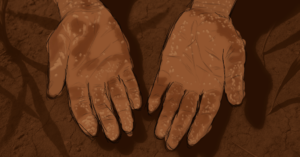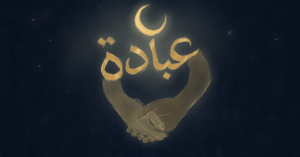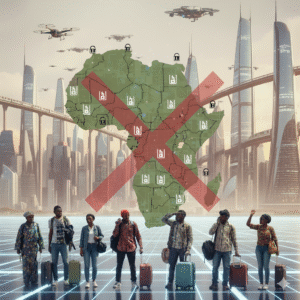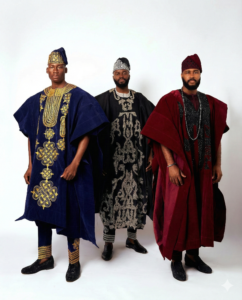Foreign Aid: Help or Dependency Trap?
At its core, aid is meant to uplift. From health programs that distribute malaria nets to funding schools, aid has undeniably saved lives

For decades, Africa has been the world’s largest recipient of foreign aid. Billions of dollars flow into the continent each year, supposedly to alleviate poverty, build infrastructure, and strengthen governance. On paper, aid looks like a lifeline. But on the ground, the picture is far more complicated. Many Africans are now asking: is foreign aid truly helping, or has it become a trap of dependency that stifles progress
The Promise of Aid
At its core, aid is meant to uplift. From health programs that distribute malaria nets to funding schools, aid has undeniably saved lives. The global fight against diseases like HIV/AIDS and Ebola was made possible, in part, by international assistance. In moments of crisis famine, war, natural disasters, aid provides immediate relief where governments cannot.
Foreign aid has also funded roads, hospitals, water projects, and provided loans to small businesses. It creates partnerships, builds goodwill, and integrates Africa into the global economic system.
But that’s only one side of the story.
The Other Side: Aid as Dependency
Critics argue that aid is not as benevolent as it appears. In fact, it may be Africa’s biggest obstacle to long-term independence. Why?
Erosion of Self-Reliance
Many African governments budget around expected aid inflows. This reliance discourages innovation, self-sufficiency, and the development of sustainable revenue streams like taxation or industrialization.
Strings Attached
Aid is rarely free. Donor countries often tie it to conditions: buying donor-country products, adopting certain policies, or granting political favors. This turns aid into a tool of control, limiting Africa’s sovereignty.
Corruption and Mismanagement
Large sums of aid money are vulnerable to corruption. Instead of reaching the grassroots, funds are siphoned by elites, used for political campaigns, or wasted on inflated contracts. Aid sometimes strengthens bad governments instead of helping citizens.
Aid as a Neo-Colonial Tool
Some see aid as the modern continuation of colonialism — a way to keep Africa dependent on Western nations. The flow of aid maintains an image of Africa as “helpless” while donor countries retain influence over resources and policies.
The Dependency Cycle
Aid can create a vicious cycle. Imagine a farmer who receives free food aid year after year. Instead of investing in his land or innovating, he relies on handouts. Local farmers who could have sold food are undercut by free imports, destroying local agriculture.
This is not a metaphor. In countries like Ethiopia and Malawi, food aid has at times destabilized local farming markets, discouraging production. Similarly, free clothes sent to African nations have crippled local textile industries.
The Psychology of Aid
Beyond economics, aid shapes identity. For too long, Africa has been portrayed as “the needy continent,” surviving only through Western generosity. This narrative erases African resilience, innovation, and agency. It teaches children that progress comes from outside, not within. That mindset is as dangerous as poverty itself.
Counterexamples: Where Aid Works
It would be unfair to dismiss all aid. When targeted and time-bound, aid can be transformational. Rwanda, for example, used aid effectively after the genocide to rebuild institutions, invest in healthcare, and strengthen education. Today, it is one of Africa’s fastest-growing economies.
The difference lies in ownership. When governments lead and aid plays a supporting role, success is possible. But when aid dictates the agenda, dependency grows.
The Way Forward: From Aid to Trade
Many African leaders and thinkers now advocate a shift: less aid, more trade. Instead of donations, Africa needs fair trade deals, industrial investment, and opportunities to export its goods. Self-reliance through intra-African trade (like the African Continental Free Trade Area) offers a path to break the cycle.
Other solutions include:
- Strengthening governance to reduce corruption.
- Investing in local industries to replace imports.
- Harnessing natural resources without foreign exploitation.
- Building African philanthropy and investment networks to reduce dependence on Western donors.
Foreign aid is not inherently evil but it is not the savior it is often painted to be. It has saved lives, yes, but it has also kept Africa on its knees, locked in a cycle of dependency and external control.
True progress lies in Africa reclaiming its narrative. Instead of asking, “How much aid will we receive this year?” the question should be, “How do we build systems that make aid unnecessary?”
Africa does not need perpetual charity; it needs justice, fair trade, innovation, and self-determined growth. Aid should be a bridge, not a permanent crutch. Until that shift happens, the so-called “help” will remain one of Africa’s most controversial burdens.










